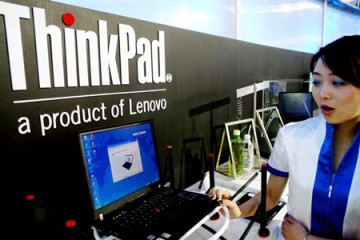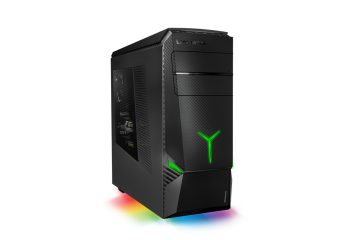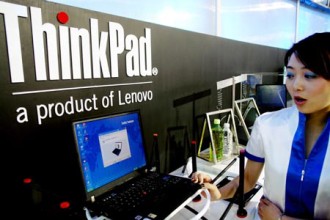 Lenovo US channel chief Sammy Kinlaw’s surprise move to exit the outfit might be a sign that the outfit is in trouble with its channel.
Lenovo US channel chief Sammy Kinlaw’s surprise move to exit the outfit might be a sign that the outfit is in trouble with its channel.
Sammy Kinlaw is departing as vice president and channel chief for Lenovo’s North America PC business from January 19, several months after making what he called a “drastic change” in Lenovo’s channel programme to make conditions more equitable for reseller partners.
Over the pond, the channel felt that Kinlaw was put in an untenable situation by channel changes rolled out October 1. The changes included the elimination of some backend rebates slashed partner profit margins by as much as 30 percent to 50 percent. In some cases, the changes are making some multi-year enterprise contract deals unprofitable.
Some enterprise partners feel that Lenovo has negatively impacted the ability for channel partners to make money on enterprise-level accounts, which is a huge chunk of business.
The theory is that Kinlaw worked out that he would be damaging the relationships with his contacts if he stuck around working with the company that made him do them. He cleared his desk and moved to Lexmark.
The Lenovo moves to slash back-end payments, spiffs and programme discounts in its $30 billion PC business are forcing some to look at shifting business to HP and Dell.
















